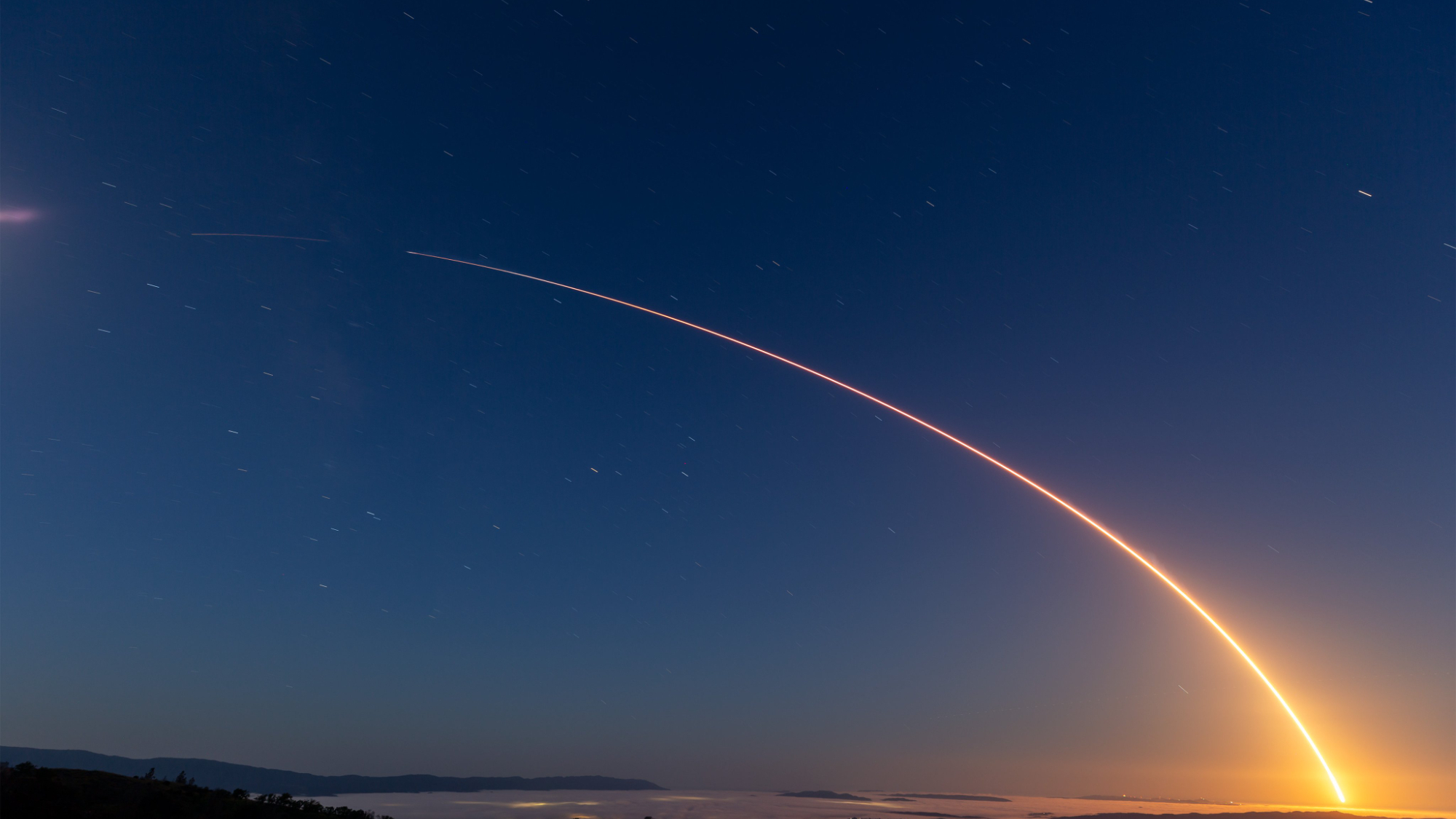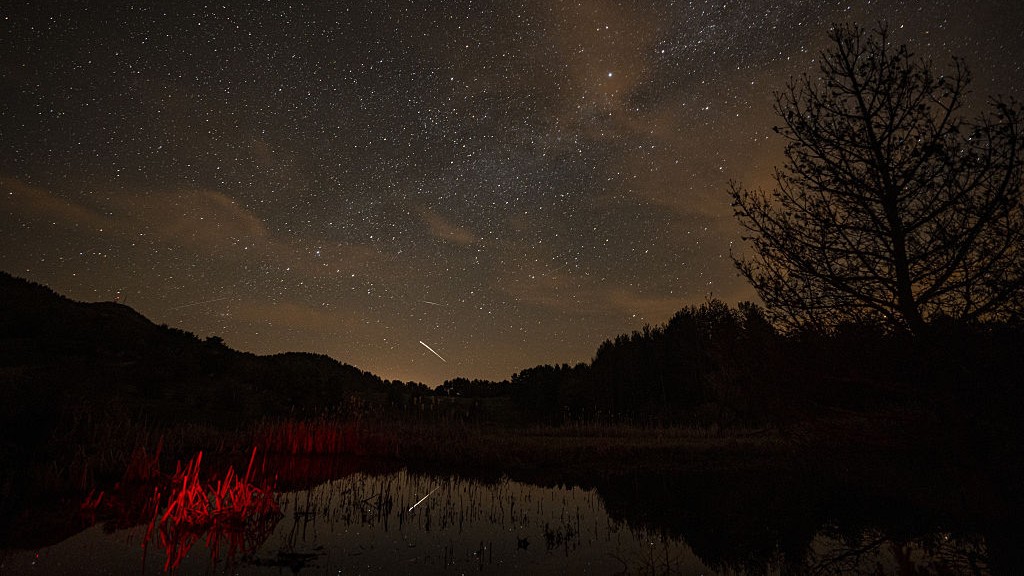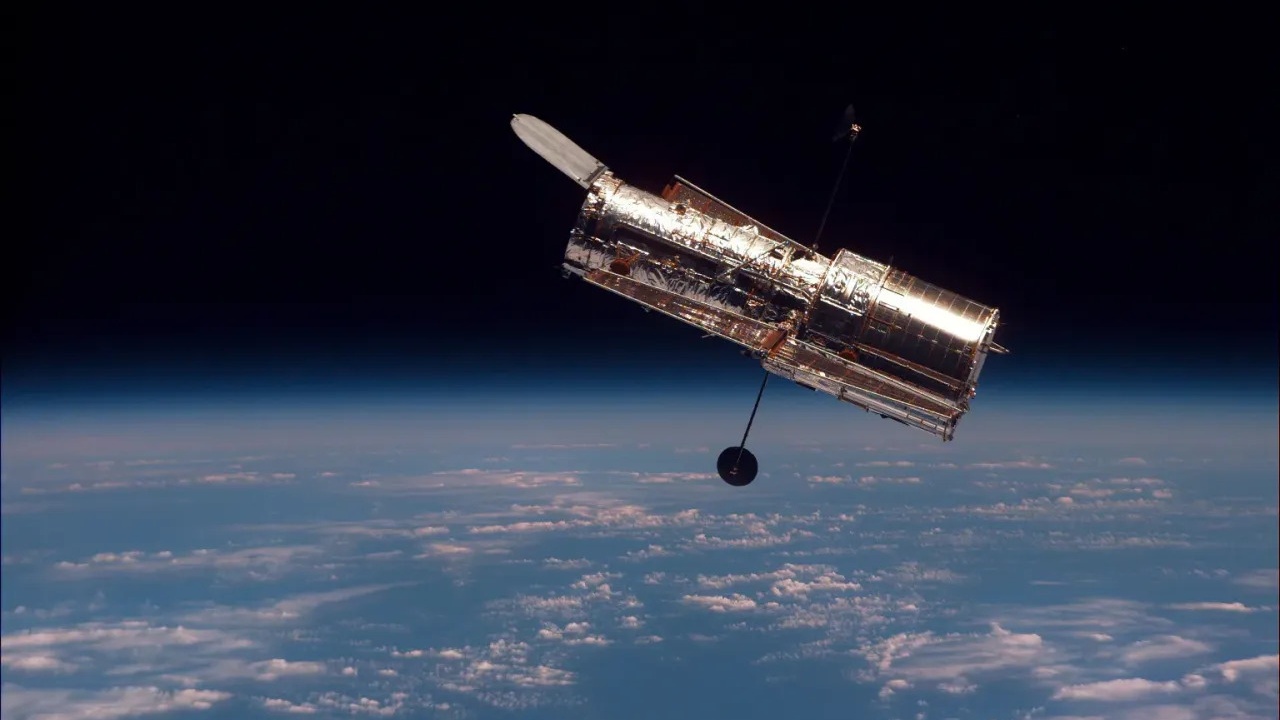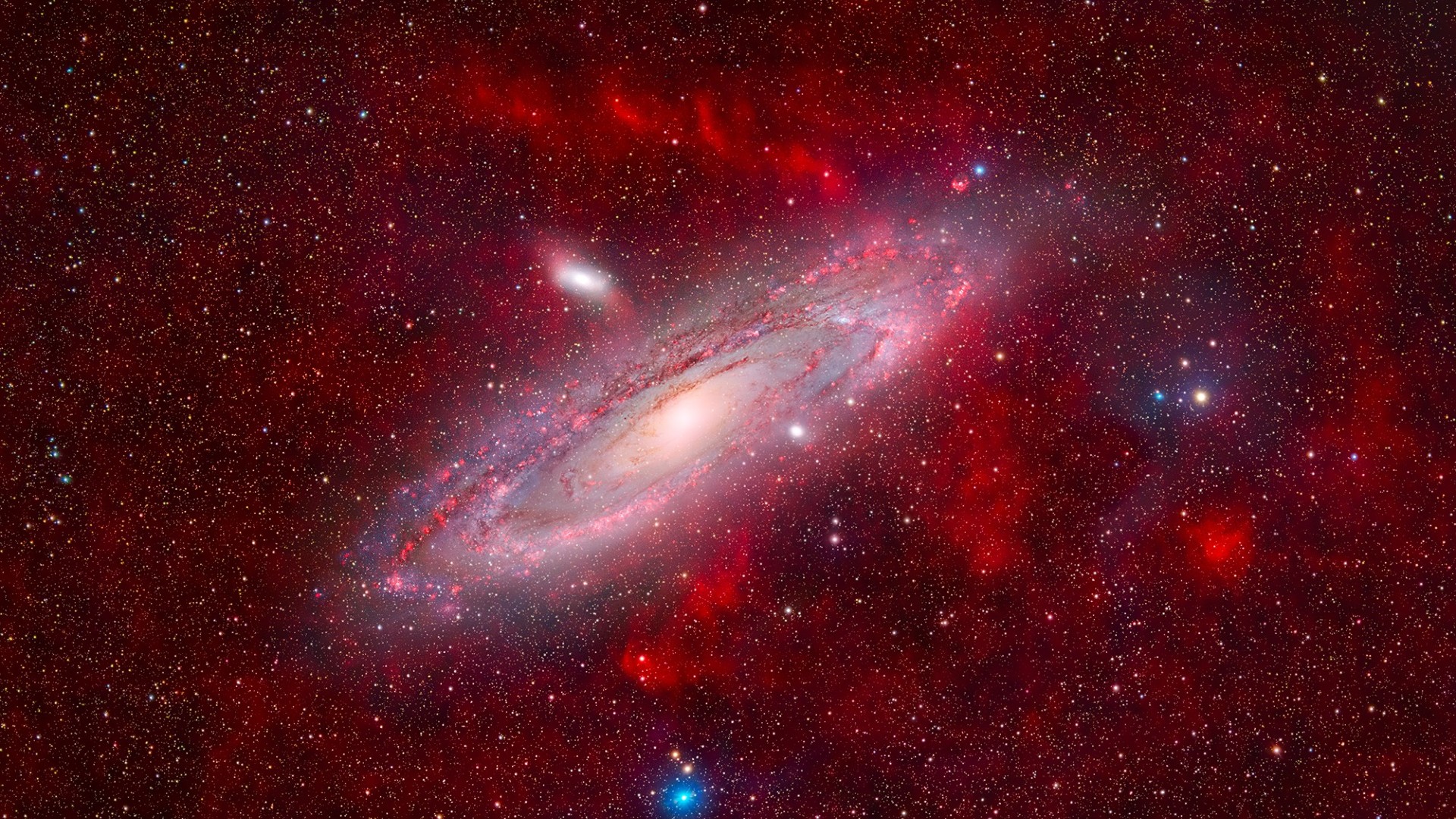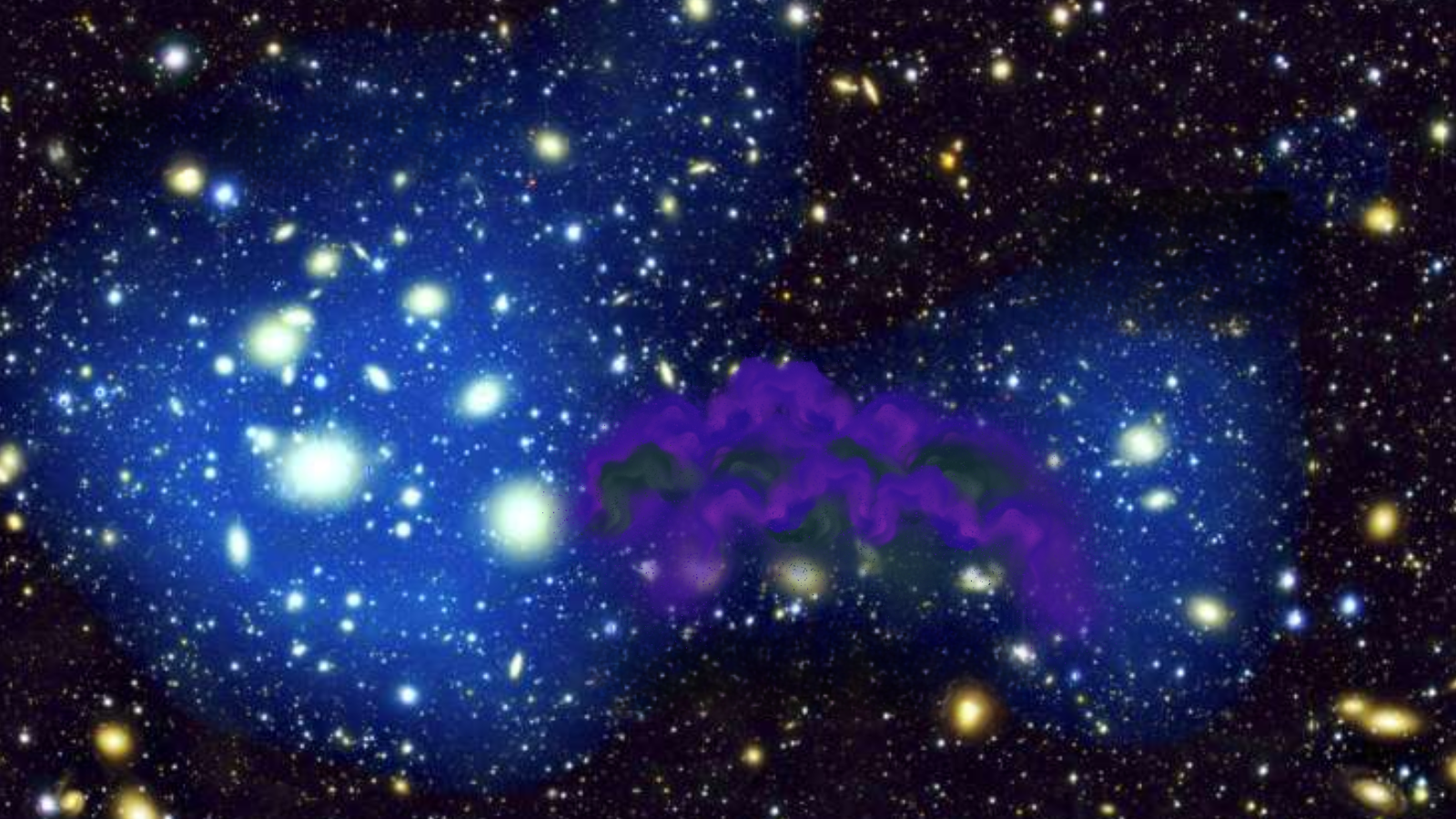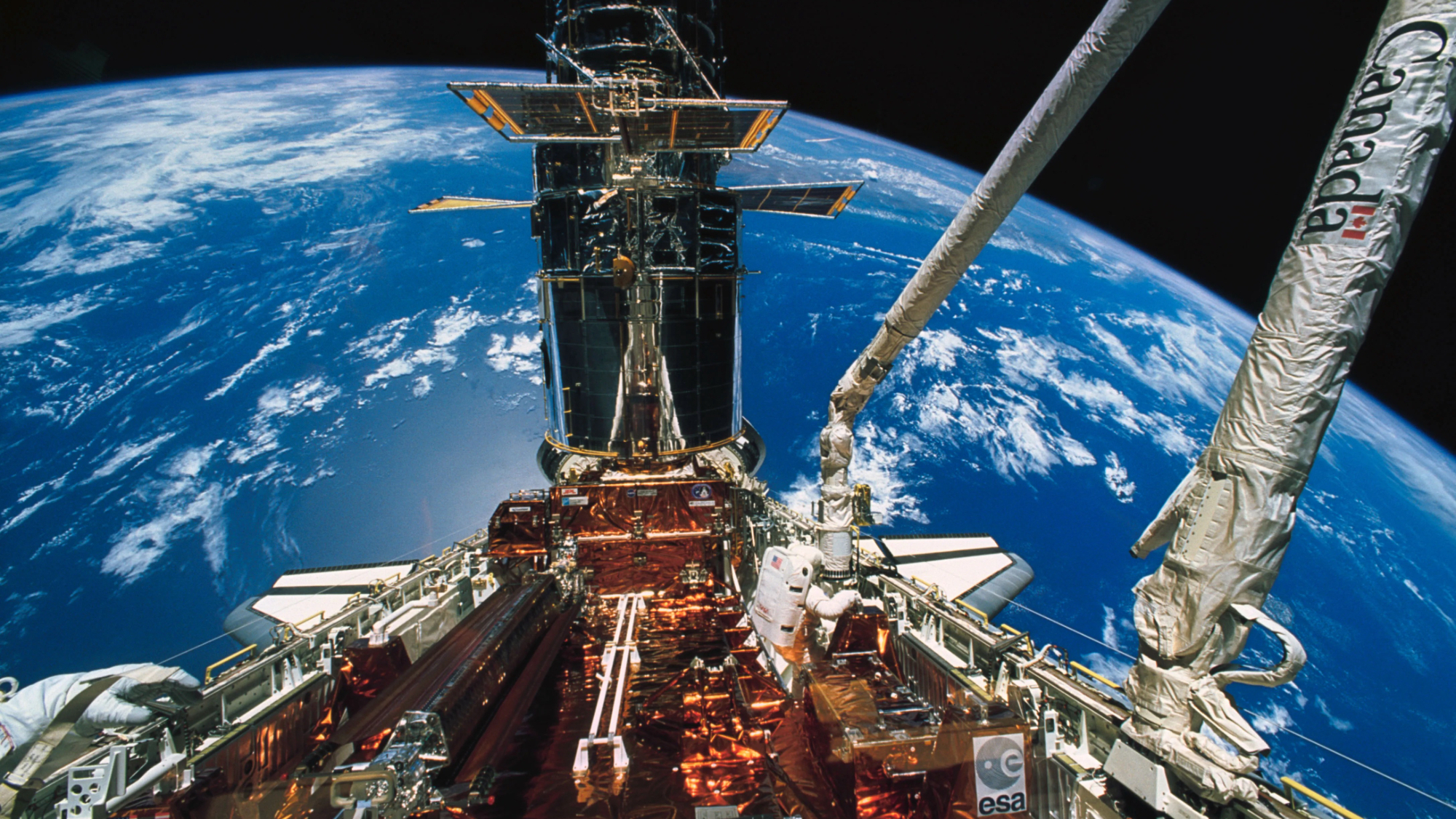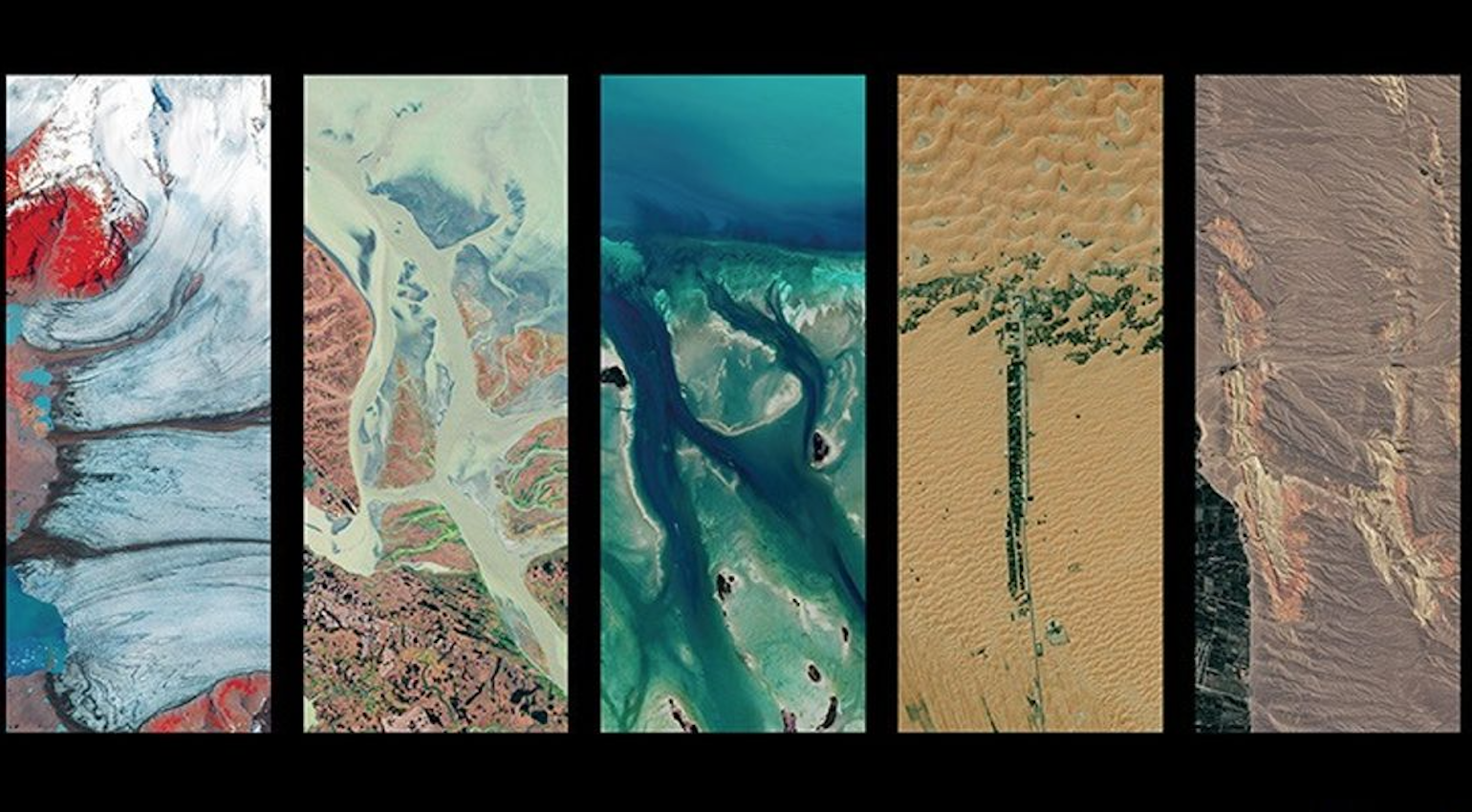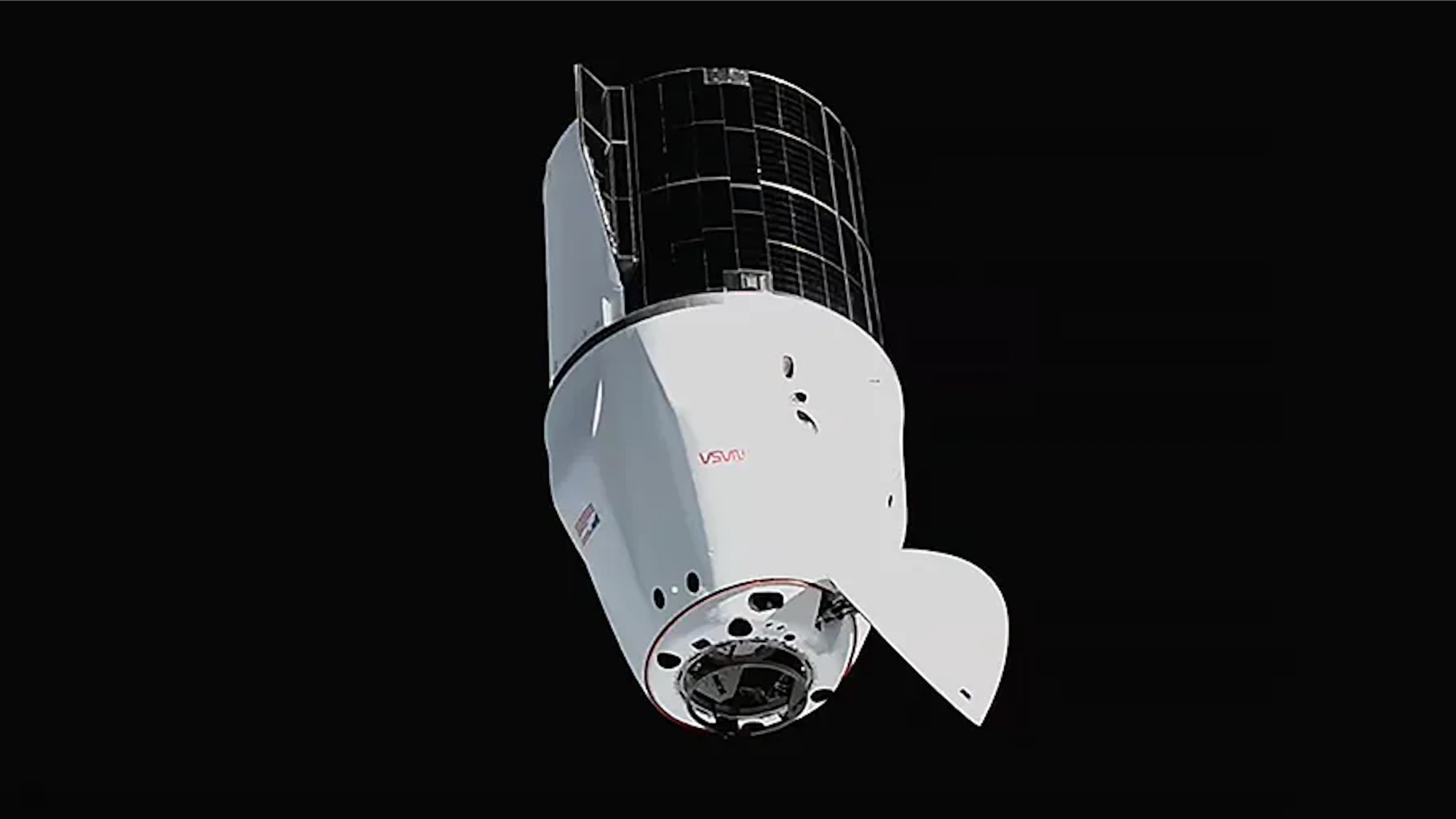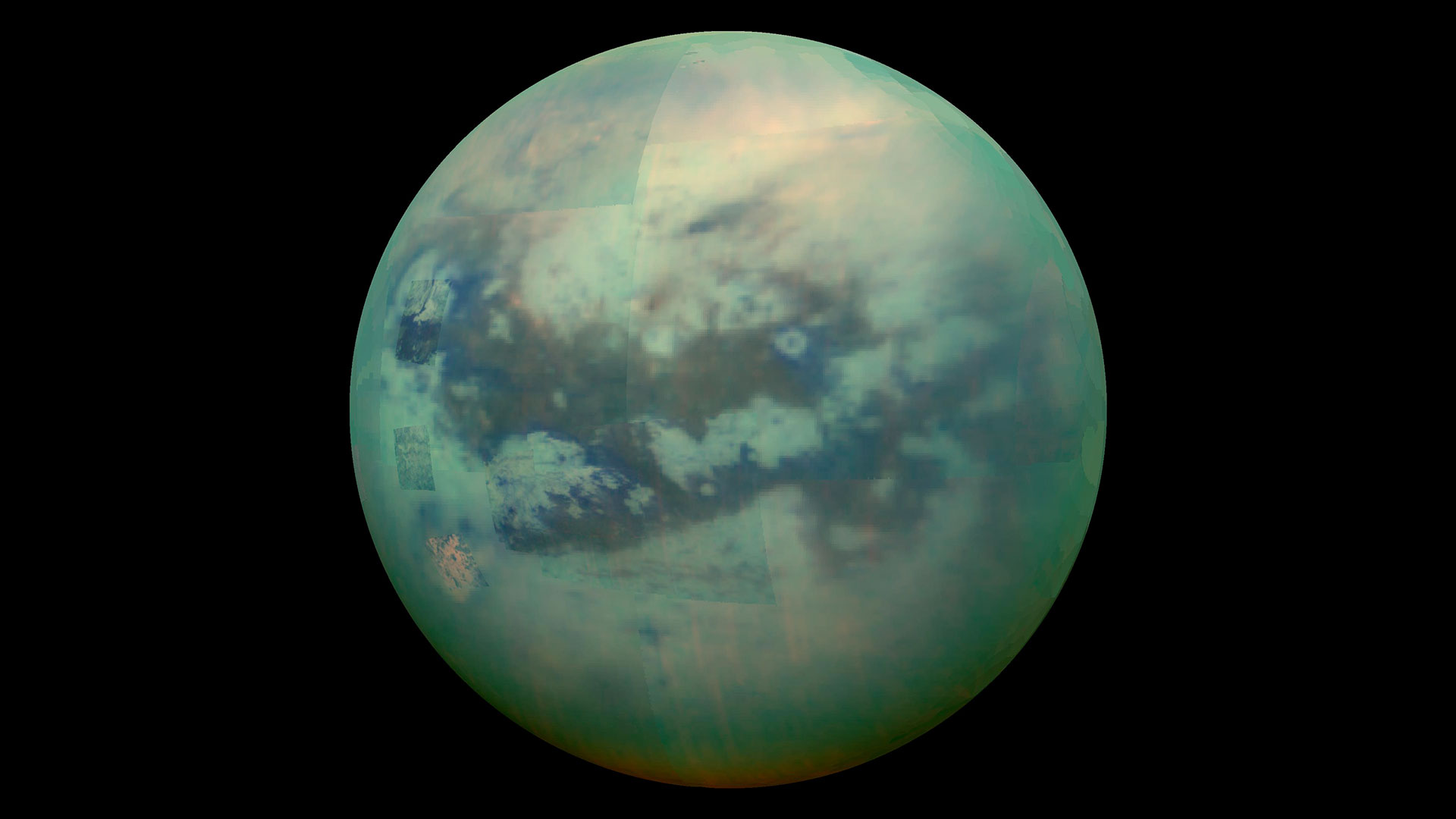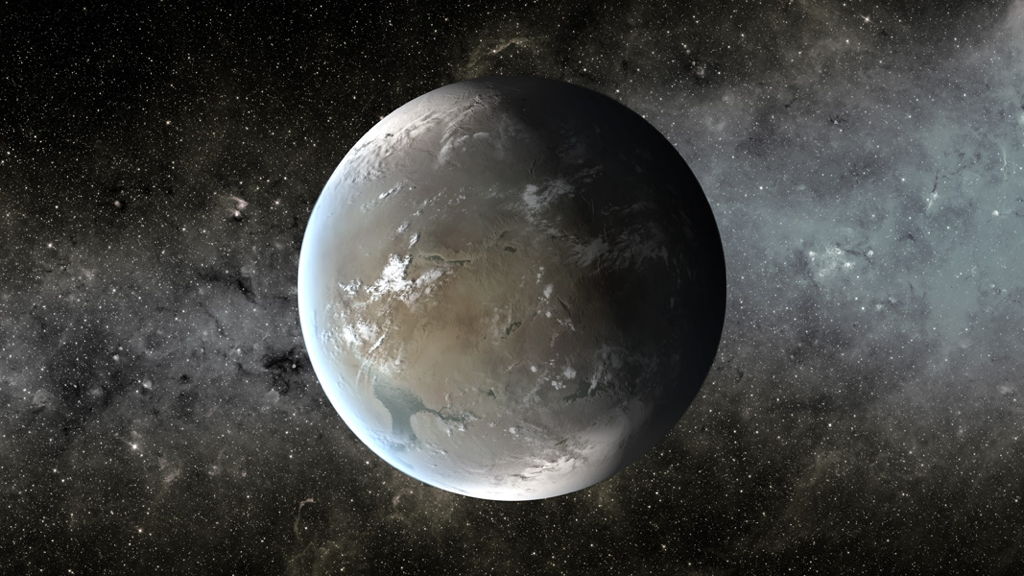
Earth's dazzling biodiversity may not be so remarkable in the cosmic scheme of things, a new study suggests.
Alien planets with more favorable ocean-circulation patterns might support life in even greater abundance and variety than our own world does, the study determined.
"Life in Earth's oceans depends on upwelling (upward flow), which returns nutrients from the dark depths of the ocean to the sunlit portions of the ocean where photosynthetic life lives," study leader Stephanie Olson, of the University of Chicago, said in a statement.
"More upwelling means more nutrient resupply, which means more biological activity," added Olson, who presented the new research today (Aug. 22) at the Goldschmidt Conference in Barcelona, Spain. "These are the conditions we need to look for on exoplanets."
Related: 10 Exoplanets That Could Host Alien Life
The new study provides a step in this direction. Olson and her team used computer models to determine which types of alien worlds have the most efficient ocean upwelling and are therefore probably especially good places for life as we know it to thrive.
"We found that higher atmospheric density, slower rotation rates and the presence of continents all yield higher upwelling rates," Olson said.
Get the Space.com Newsletter
Breaking space news, the latest updates on rocket launches, skywatching events and more!
"A further implication is that Earth might not be optimally habitable — and life elsewhere may enjoy a planet that is even more hospitable than our own," she added, describing this conclusion as "surprising."
"We expect oceans to be important in regulating some of the most compelling remotely detectable signs of life on habitable worlds, but our understanding of oceans beyond our solar system is currently very rudimentary," Chris Reinhard, of the Georgia Institute of Technology, said in the same statement.
"Dr. Olson's work represents a significant and exciting step forward in our understanding of exoplanet oceanography," added Reinhard, who was not involved in the new study.
Oceans are probably incredibly common across the Milky Way galaxy. After all, observations by NASA's Kepler space telescope and other instruments suggest that about one in four stars hosts a potentially Earth-like planet — a rocky world at the right orbital distance to host liquid water on its surface.
And our own solar system hosts multiple ocean worlds, though most of them are very different from Earth. Jupiter's moons Europa, Callisto and Ganymede are all thought to harbor big oceans of liquid water beneath their icy shells, for example, as does Saturn's moon Enceladus.
The oceans of Europa and Enceladus are thought to be in contact with the moons' rocky cores, making possible complex chemical reactions that may well have led to life, scientists say.
- 6 Most Likely Places for Alien Life in the Solar System
- 5 Bold Claims of Alien Life
- 9 Strange, Scientific Excuses for Why Humans Haven't Found Aliens Yet
Mike Wall's book about the search for alien life, "Out There" (Grand Central Publishing, 2018; illustrated by Karl Tate), is out now. Follow him on Twitter @michaeldwall. Follow us on Twitter @Spacedotcom or Facebook.
Join our Space Forums to keep talking space on the latest missions, night sky and more! And if you have a news tip, correction or comment, let us know at: community@space.com.

Michael Wall is a Senior Space Writer with Space.com and joined the team in 2010. He primarily covers exoplanets, spaceflight and military space, but has been known to dabble in the space art beat. His book about the search for alien life, "Out There," was published on Nov. 13, 2018. Before becoming a science writer, Michael worked as a herpetologist and wildlife biologist. He has a Ph.D. in evolutionary biology from the University of Sydney, Australia, a bachelor's degree from the University of Arizona, and a graduate certificate in science writing from the University of California, Santa Cruz. To find out what his latest project is, you can follow Michael on Twitter.
